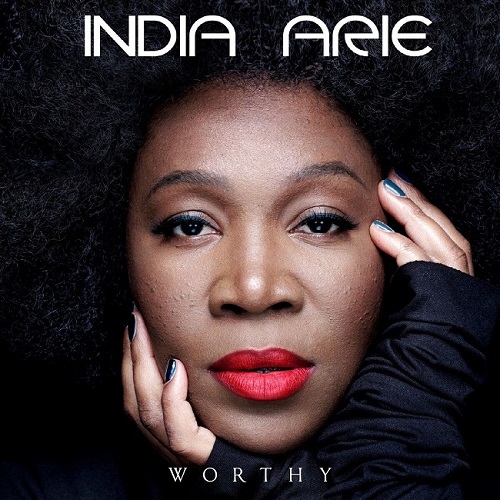


I’m tired.”īack to Neil Young’s argument last week, the rock icon explained: “With an estimated 11million listeners per episode, JRE, which is hosted exclusively on Spotify, is the world’s largest podcast and has tremendous influence,” Young said. “Paying musicians a fraction of a penny? And him $100M? This shows the type of company they are and the company that they keep. She mentioned Spotify’s pay rates for artists as yet another reason for leaving, adding: “What I am talking about is respect, who gets it and who doesn’t,” she said. India Arie also cited another important issue in her announcements. Moreover, by listening to these tracks, and looking at the selection of artists, may help us reflect on the importance of the boundaries that divide musical soundscapes and audiotopias in the United States.During the podcast episode, Rogan said: “Unless you are talking to someone who is like 100 per cent African from the darkest place where they are not wearing any clothes all day and they have developed all of that melanin to protect themselves from the sun, even the term Black is weird.” Also, I chose to begin my playlist with the most present song and end with a song in the 1960s, in order to compare, or contrast, the views of women in the U.S. My criteria consists of a song that reflected feminism, or an African American woman artist with a background that reflects feminism in some type of way. For my playlist, I chose to focus on African American women views on women in the United States due to the difficulty of finding songs that only reflect African American feminism. Overtime, this type of feminism was articulated, politically, with the establishment of the National Black Feminist Organization in New York in 1973 (Feminism, 2006). Therefore, African American feminism was created due to the constant fight against the racial and gender inequalities they faced from these different movements. This is important because during the black liberation movements of the 1960s, which was dominated by Black men, and during the women’s movement of the 1970s, which was dominated by white women, there was a lack of focus on black women’s issues (Feminism, 2006). Throughout out my playlist, I, along with the viewer, want to see how the views of African American women in the United States may have changed, or remained the same, over time. In particular, I will focus on the eras between the 1960s and present. For this project, I will focus on African American women in music. As I do acknowledge Whitman’s view of America, however, I want present another type of America. Walt Whitman’s “I Hear America Singing” represents an America that is more unified than divided, more sonically similar than different.


 0 kommentar(er)
0 kommentar(er)
